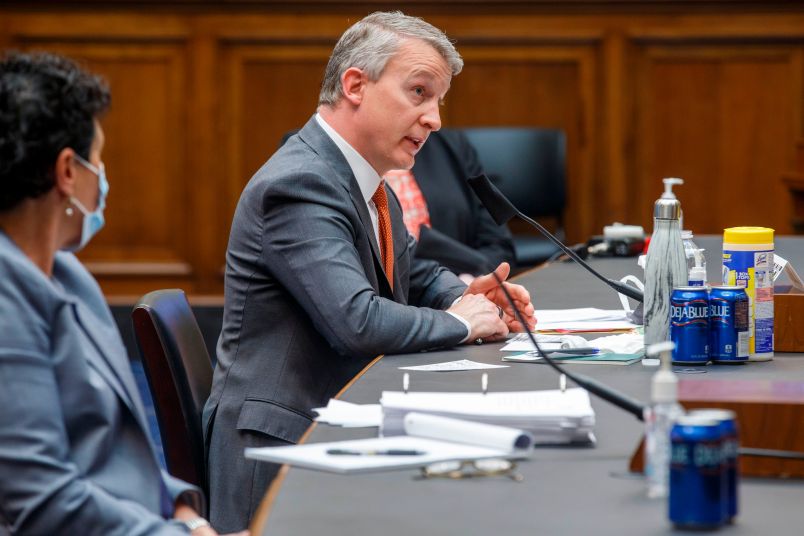A vaccine expert and government whistleblower warned Thursday that the widely discussed 12-18 month timeline for a COVID-19 vaccine is “aggressive” and may not leave enough room for a full safety assessment.
“A lot of optimism is swirling around about a 12-18 month time frame, if everything goes perfectly,” testified Dr. Rick Bright, who until recently was the director of a crucial research division at the Department of Health and Human Services.
“We’ve never seen everything go perfectly,” Bright said.
Bright expressed concern that “if we rush too quickly and consider cutting out critical steps, we may not have a full assessment of the safety of that vaccine.”
A 12-18 month time frame to expect a COVID-19 vaccine Bright said, was optimistic.
“I think it’s going to take longer than that to do so,” he said, before clarifying that the 12-18 month time frame he was concerned about began when commercial and academic labs first started working on a vaccine earlier this year.
Vaccines weren’t the primary subject of Dr. Rick Bright’s testimony before the House Subcommittee on Health Thursday. The former director of BARDA, HHS’ Biomedical Advanced Research and Development Authority, was there to answer questions about his whistleblower complaint, which alleged that political pressure, bureaucratic hurdles and cronyism hampered the government’s COVID-19 response.
But Bright is a vaccine specialist and BARDA has been central to the government’s effort to support COVID-19 vaccine development.
Bright also identified potential supply chain issues that could hamper the distribution of vaccines: “Reagents and buffers and salts and various ingredients that go into a vaccine, as well as the glass vials that vaccines are put into, and needles and syringes.”
Even with a potential vaccine in hand, Bright said, there are plenty of unanswered questions that the government will need to work through — such as how to distribute and administer the vaccine widely.
“We haven’t yet gotten to those downstream strategies yet in our government, and I think those are going to become a significant issue down the road if we don’t plan for that now,” he said.
“If you can imagine the scenario this fall or winter, maybe even early next spring when a vaccine becomes available, there’s no one company that can produce enough for our country or for the world,” Bright added separately. “There’s going to be limited supplies. We need to have a strategy and plan in place now to make sure that we can not only fill that vaccine, make it, distribute it, but administer it in a fair and equitable plan.”



